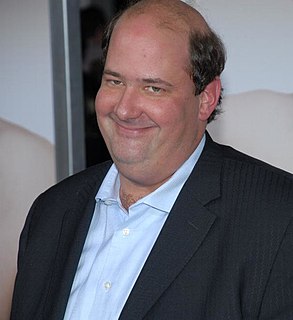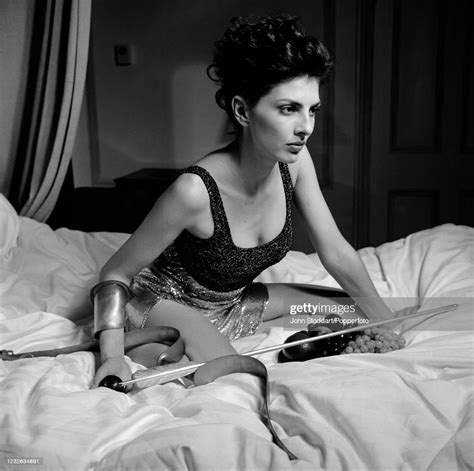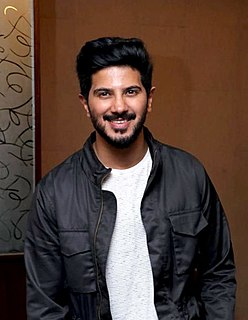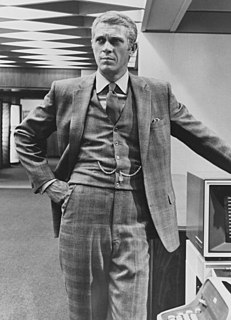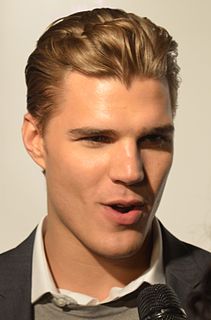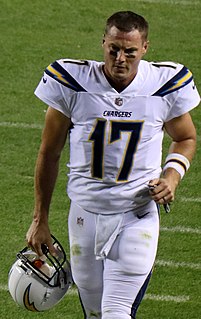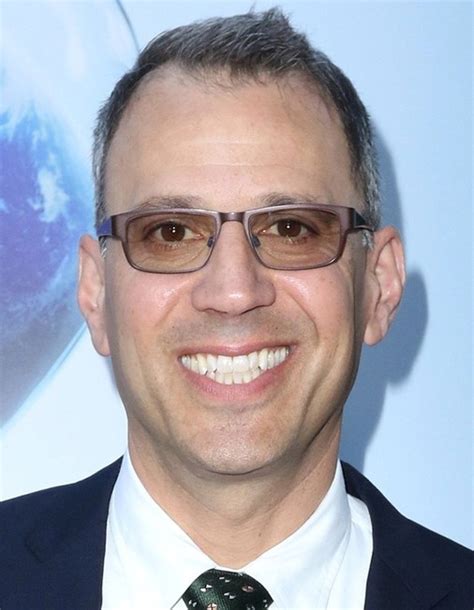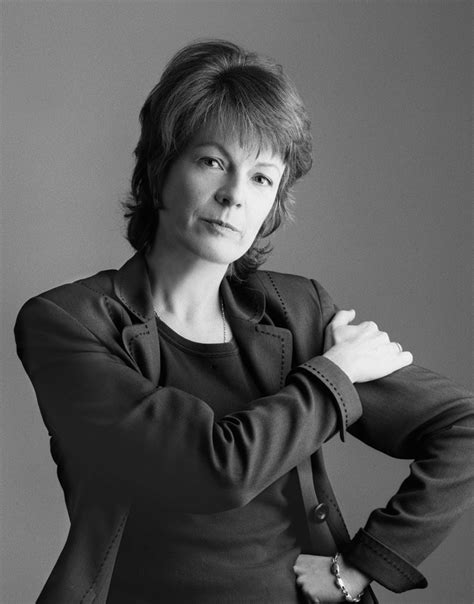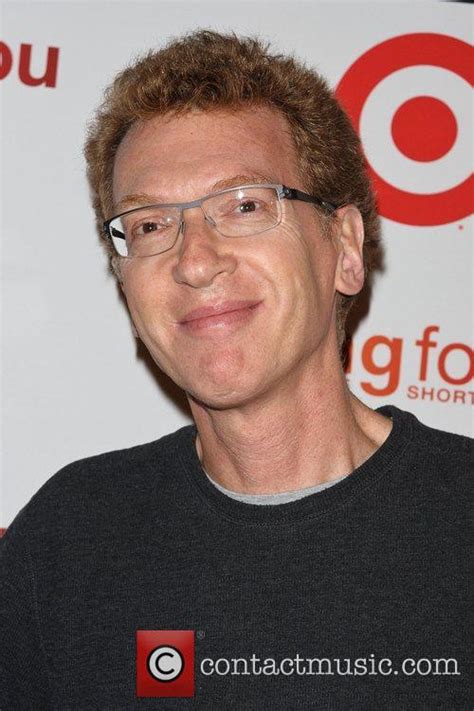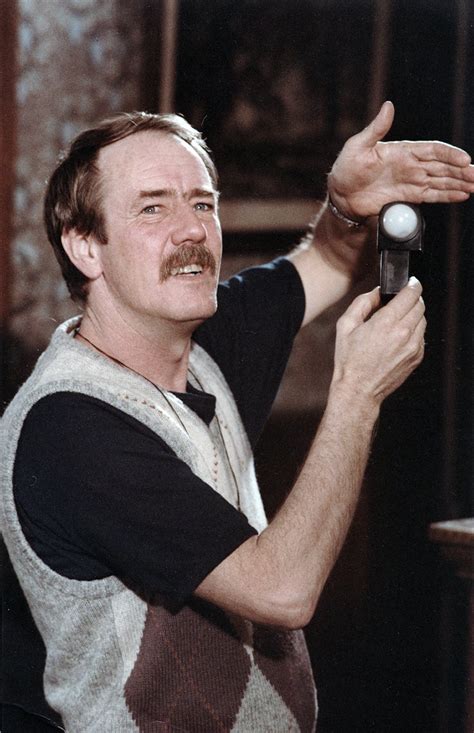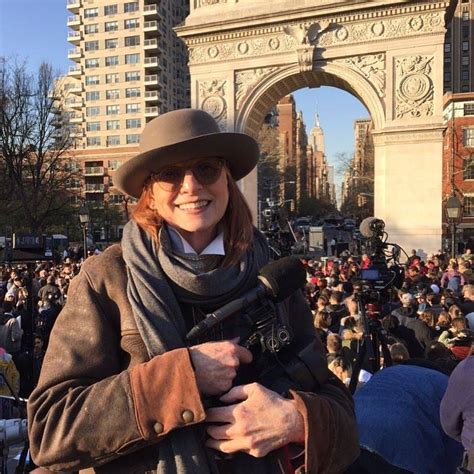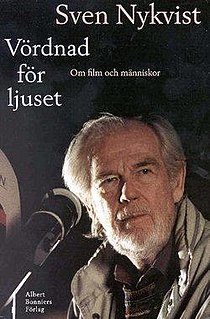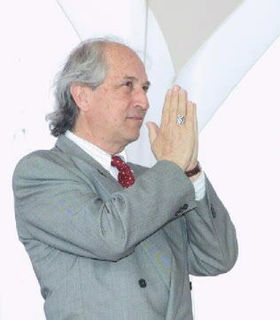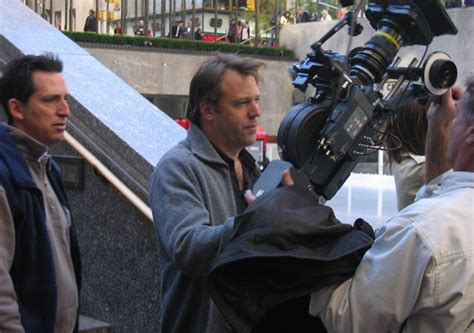A Quote by Vilmos Zsigmond
Jack [Nicholson] really knows about the camera. He's one of the directors who likes to play with the camera. He'll change things around, play with lighting, things like that. He'll even spend hours on the set-up for an insert shot. He's an interested person who gets involved in all the aspects of the films he is making.
Related Quotes
Most people assume because I'm an actor that's all I know about and care about, I'm actually a camera geek and a film geek. I grew up making short films the same time I was acting. For me, it's a motion picture, not a play. I'm just as interested in what the camera department is doing and world building through costume design and production design as I am in acting. I think all good directors do that whether they're an actor or not.
So in terms of a large part of the job on our show specifically, what makes the show complex and interesting and funnier are the conversations about "Where's the camera?" and "How aware are the characters of the camera? Are the cameras hidden for this shot? Is it a spy shot from far away? Or is it really close and in their face, and they sort of have to play to it in an embarrassing situation?" There's a whole other level of questions and choices that come into play on our show that are not even a factor in anything else.
Deep down, all directors feel like frauds - because it's built into the nature of the job. You're the jack of all trades and the master of none. The cameraman knows the camera, the sound man knows the sound equipment - and you? You can't do anything: You can't do the acting, you can't dress the set, you don't record the sound or shoot the images.
One of the defining things about my career on camera is I like to play different characters. That gets difficult to do. People don't trust you to do something different. In animation, it's all about trust and how far can you go away from yourself. It's a really marvelous environment that's extremely creative.
I don't like to put too much effort into things. I find that once you get involved with special effects it is no longer about what is happening in front of the camera and I really want to concentrate on what is happening in front of the camera, like the man apparently peeing on the surface of the screen.
The difference between a regular camera and a 3D camera, for an actor, is really no different except that the turn-arounds are longer. It takes a lot longer to set up a shot because the cinematographer is really trying to set up a whole world, so it can't be more intricate and more beautiful to the viewers, in 3D.
That shot in "Into the Inferno" somehow popped up while my editor and I were viewing the footage. I immediately said, "That looks like the opening shot because the camera approaches the action very slowly and we have enough time to insert some of the main credits into it." So it was a practical choice. At the same time, you see these tiny figures standing at the rim of something, and all of a sudden, the camera rises further and you find yourself looking straight down into an inferno.
I built my own studio. I don't have the professional language to describe it because I'm not a videographer - but I'm a technician. So I get the camera, I get all the things that translate the camera to the computer, I set up a live session, I do the security on it, I set up a background so I can key it out, like newscasters do, and replace it with whatever I want - and I can be anywhere I need to be.
What I can control and all I know as of today, I am signed up for one more year...I guess things could change, but with all the uncertainty in many aspects, I don't see (his decision not to sign an extension) changing before camp gets here, and when camp gets here I'm even more certain to play it out.


